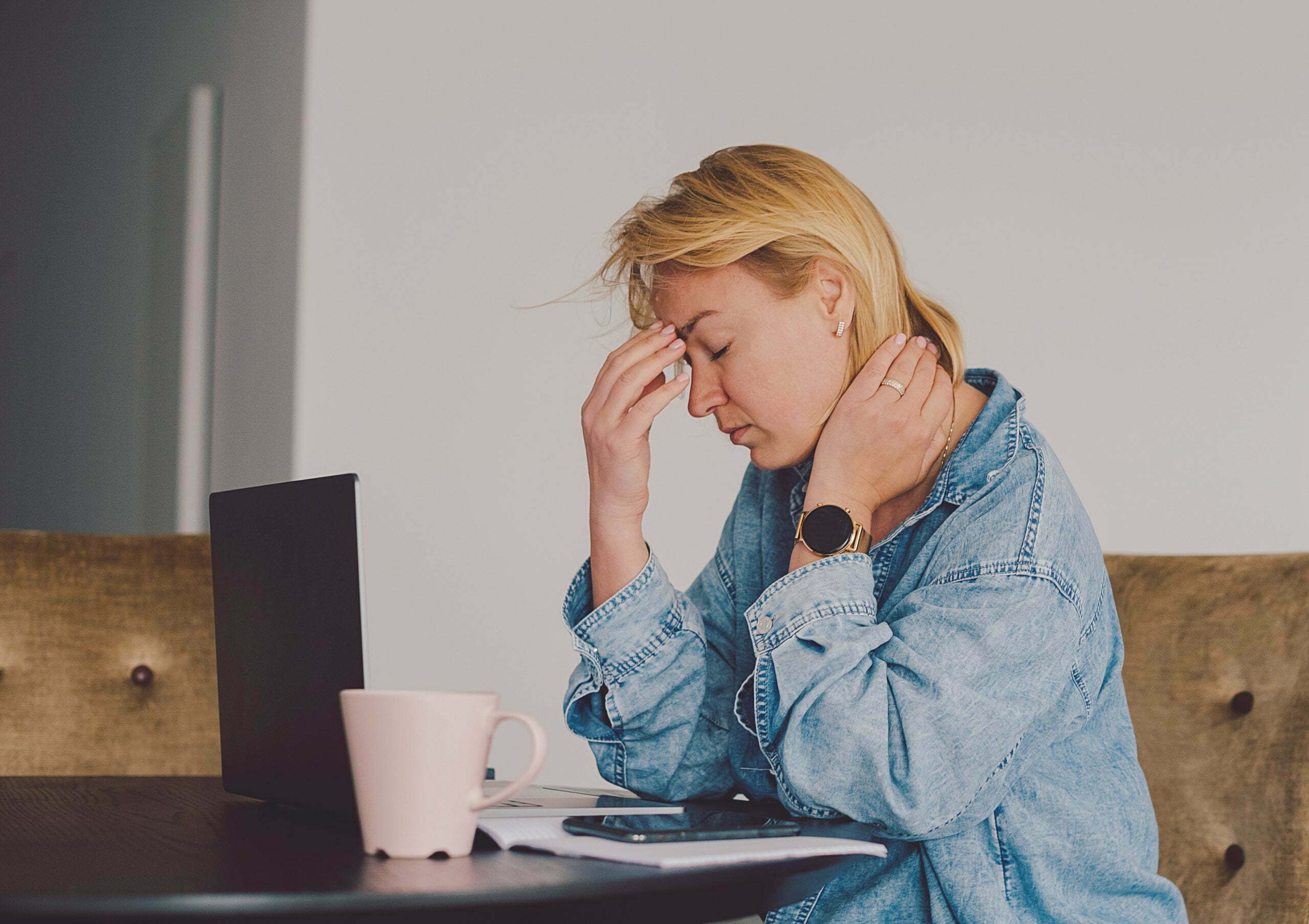In our modern world, it’s easy to feel isolated. We are constantly bombarded with images and messages that tell us we need to be wealthy and popular. We are surrounded by people who seem to have it all together, and it’s easy to feel like we’re the only one who is struggling. Many of us struggle with feelings of isolation, loneliness, and despair. We feel like we’re the only ones who aren’t happy, and we don’t know how to make things better. These feelings can have a meaningful effect on our overall wellness, which is why we need to know how to deal with them. If you want to learn more, read on to find out about the effects of loneliness on mental and physical health.
What are the effects of loneliness on physical and mental health?

If you find yourself thinking, “I’m so lonely,” you may want to think about finding a solution, as it can affect your mental health in many ways. Lonely individuals are more likely to experience symptoms of depression and anxiety than those who are not lonely. They may also be more likely to engage in self-destructive behaviors such as drug or alcohol abuse. These effects can have negative consequences for physical health too. For example, you may have an elevated risk of heart disease, high blood pressure, and stroke. Lonely people are also more likely to experience insomnia and fatigue.
If you want to address loneliness, your first step should be identifying the cause of the loneliness. Some people may feel lonely because they don’t have many reasons to get out of the house, while others may feel lonely because they do not have any close friends to rely on. One option is to join a new club or group or find an online community that interests you. Volunteering is another option. You could spend some time at your local animal shelter or food bank, then you’ll meet people who you have something in common with.
In addition to these things, you should work on their self-esteem. Self-esteem is one’s opinion of oneself. It can be affected by a variety of things, including our successes and failures, the opinions of others, and our own thoughts and feelings about ourselves. When you feel good about yourself, you are more likely to reach out to others.
What other lifestyle factors can affect your health and wellness?

There’s no doubt that loneliness can have an impact on your mental and physical health, but there are several other lifestyle factors that can affect your wellness that you should be aware of. For example, lack of sleep can play a major role in your health and wellness. It can result in chronic diseases such as heart disease, stroke, and diabetes, and can also impair your cognitive function. Sleep deprivation even elevates your risk of developing anxiety and depression. If you’re having trouble sleeping, talk to your doctor as soon as possible.
Believe it or not, exercise can have a positive effect on your mental and physical health too. Exercise can improve your mood, increase your energy levels, and make you feel more alert and focused. Additionally, exercise can reduce stress and anxiety. It also lowers our risk of chronic diseases and allows us to maintain a healthy weight. Be sure to find an activity that you enjoy, start slowly, and make sure you are fueling your body properly. You don’t want to push yourself too hard and end up feeling overwhelmed or hurting yourself.
Loneliness is a growing epidemic, with more and more people feeling isolated and alone. Overall, the effects of loneliness on physical and mental health are significant. Loneliness can lead to physical health problems such as heart disease, obesity, and a weakened immune system. Loneliness can also lead to mental health problems such as depression, anxiety, and stress. You need to make healthy lifestyle choices too if you want to protect your health and wellness. Follow the advice in this article and you’ll be able to make connections within your community and feel like the best version of yourself.






